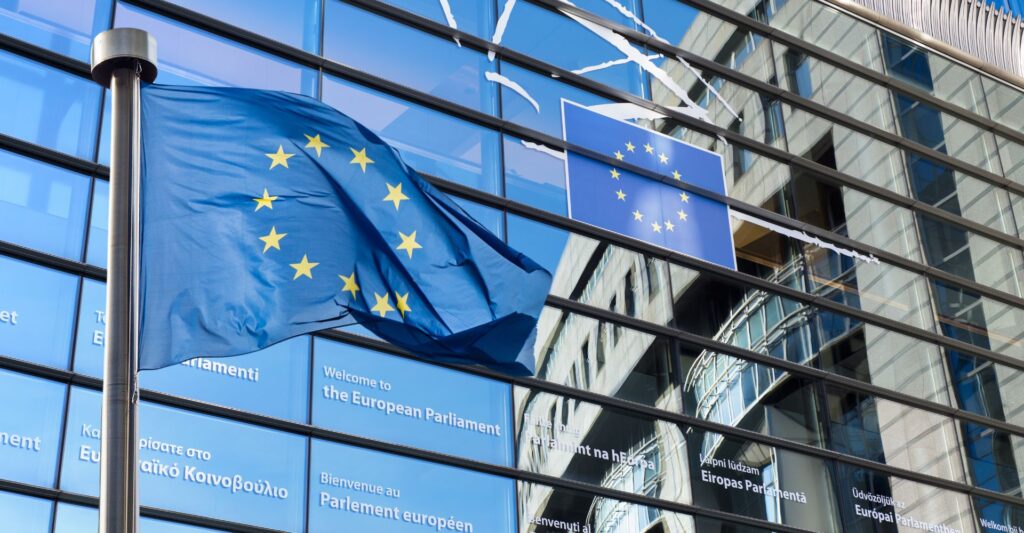EU Council fails to approve new environmental, human rights sustainability due diligence law

|
Listen to this story:
|
The failure of EU Member States to approve the Corporate Sustainability Due Diligence Directive (CSDDD) stalls the much-needed law that helps address the acute needs of people, the environment and businesses within and beyond the EU.
After a four-year legislative effort to establish a robust law curbing corporate abuses on human rights and the environment, the Member States in the Council have delayed endorsing the deal they themselves agreed on in negotiations with the European Parliament and the Commission. The decision follows the short-sighted plan of Germany to abstain from the vote and the last-minute attack by France to significantly weaken the law by proposing to remove the majority of companies from its scope.
“EU governments’ last-minute sabotaging and postponement of this new rulebook not only disregard the lives, communities, and ecosystems affected by destructive business practices, but also deal a blow to the EU’s credibility as a legislator,” said Uku Lilleväli, Sustainable Finance Policy Officer at WWF European Policy Office. “It’s scandalous that, in the 21st century, certain European lawmakers wish to permit companies to ignore human rights and environmental integrity, all under the guise of short-term profits. Let’s be clear: the law wouldn’t burden companies with unnecessary red tape; instead, it would secure a level playing field and help firms navigate necessary transitions in an informed and responsible manner.”
The surprising negative turn in the Council contradicts the demands of hundreds of companies, financial institutions, academics, civil society organisations, faith leaders and others, who have supported the due diligence law over the past two years.
Related Article: Deutsche Bank Unveils Updated Sustainable Finance Framework, Underscoring Commitment to Sustainability Goals
“There remains an urgent need for an effective law that establishes harmonised rules and expectations for businesses to address their impact on people and the environment,” emphasises Lilleväli. “It is crucial that the Member States and the Belgian Presidency rediscuss the position and secure approval in the Council as soon as possible, without derailing from the agreements already made in a years-long democratic process.”
The Corporate Sustainability Due Diligence Directive is essential for strengthening the EU Single Market, ensuring companies manage sustainability impacts and risks more effectively, and most importantly, providing enhanced protection to those affected by harmful economic activities.






